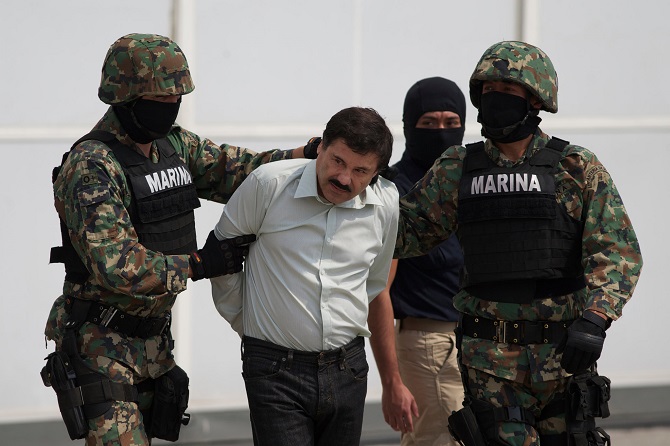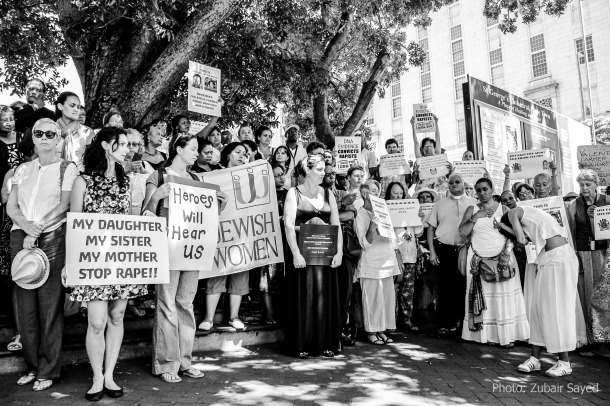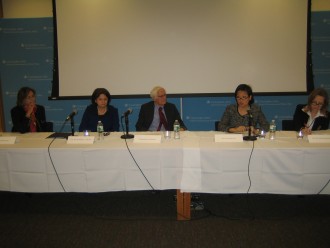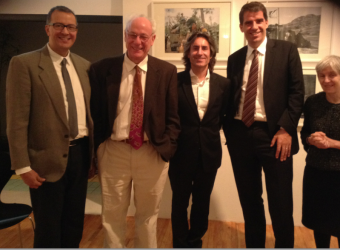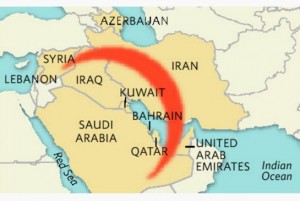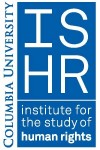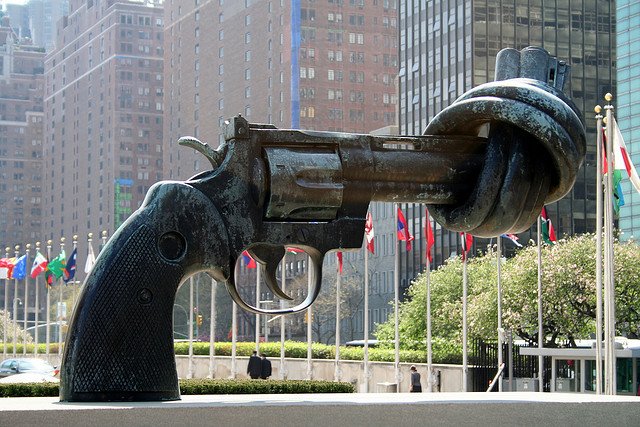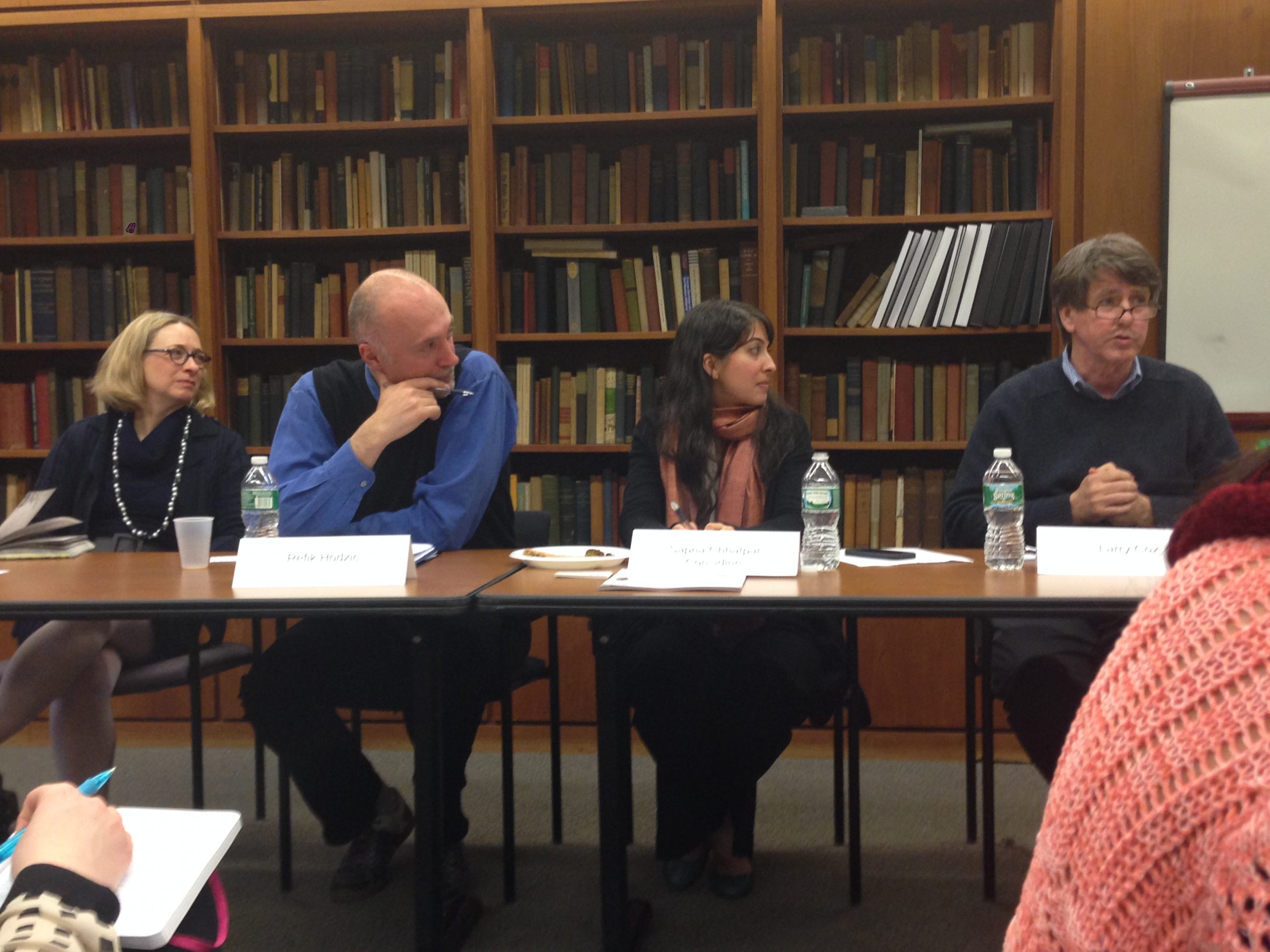
“What is your vision of human rights work?” -Careers in Human Rights Panel Discussion
By Caroline Fidan Tyler Doenmez, graduate student of human rights at Columbia University
___________________________________________________________________________
Human rights work can encompass a myriad of issues, projects, approaches and geographical locations. This wide range of opportunities can be exhilarating for human rights students; however, it can also be hard to find the right fit for students’ skills and passions. To address the possibilities and challenges of working in this field as well as provide students with guidance and advice, the Institute of Human Rights Studies at Columbia University hosted a panel discussion, “Careers in Human Rights,” on Monday, April 7, 2014.
The panel consisted of four professionals with a diverse range of experiences in human rights work: Sapna Chhatpar Considine, Program Director at the International Coalition for the Responsibility to Protect; Larry Cox, Co-Director of Kairos: the Center for Religions, Rights and Social Justice and former Executive Director of Amnesty International USA; Meg Gardinier, Director of Arigatou International-New York and Chair of the Campaign for...

